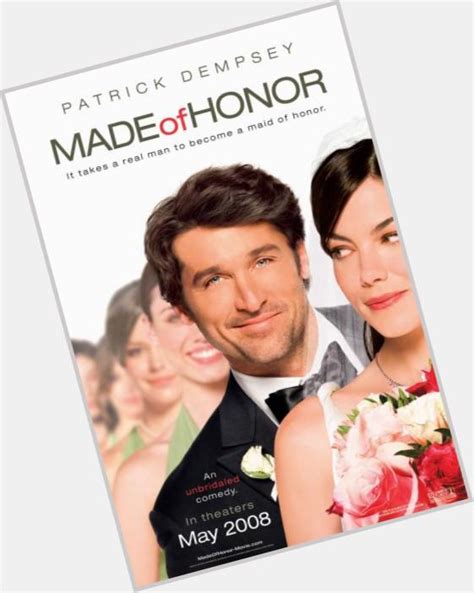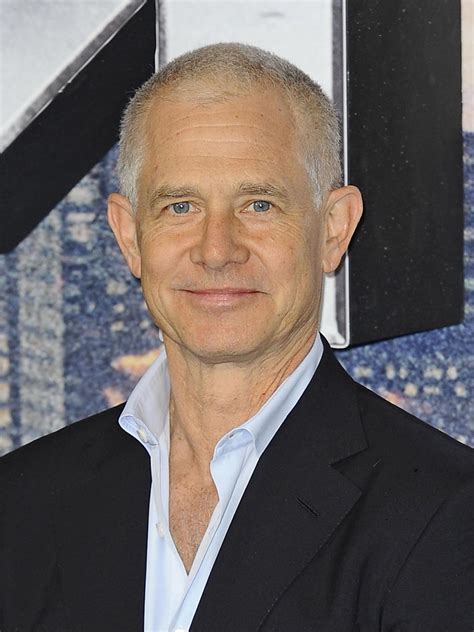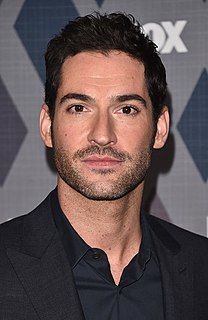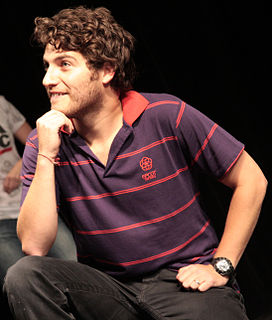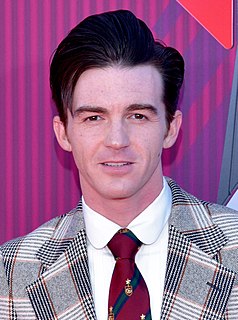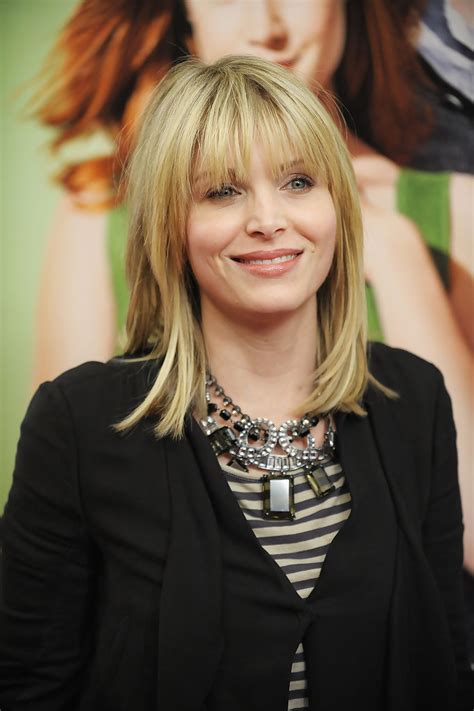A Quote by Louis C. K.
My show is sort of a short-film anthology, and I'm able to tell little stories that don't necessarily carry a whole episode in terms of narrative. I like the audience not being sure what they're getting. I think it's more fun to watch something when you're discovering it as you go along.
Related Quotes
Why do we tell stories? It's because we want to connect to people, we want to tell them who we are, we want to tell them a story that affects us, that impacts us. And to help a young filmmaker doing a short or independent film is my testament, I think, is my desire to really make sure that our younger generations get passed along all the elders' experience and to literally have the image - to literally carry them on their shoulders and say, 'This is what the world is. This is how the world operates. Let me show you how.'
The one thing that we wanted to make sure in the pilot [of "Mary and Jane"] is that we could go everywhere. Part of the fun of them being a delivery service is that they go to different areas episode to episode. We do have an episode in the beach and there is an episode in the luxury rehab. It's all different kinds of things we are making fun of in LA.
I think you do have to attend to the sort of core values of film, which is that the audience wants to have a relationship with the characters, they want to understand what's going on there. There are certain things that comics can have a little bit more freedom in then when you're asking an audience to engage in it as a piece of cinema, but I do feel like the canvas is much bigger and wider and that we're being invited and frankly challenged to take risks, to be a little bit different. And that's fun, that's exciting.
I walk in, and people go, 'Oh, look who it is! It's the devil! Speak of the devil!' It's fun. I'm having a lot of fun. I'm not going to lie. It's a little bit like being able to say anything you want to and getting away with it. 'Rush' was fun because he thought he was immortal, but this is more fun because Lucifer is immortal.
I think where it's going is toward what the music industry is like, where channels will be considered more like labels that carry the type of TV show that you like, and then you'll consume them however you can. For example, I don't really watch Showtime, but I bought 'Homeland,' and I've been watching every episode on my iPad.
I often say to my students in workshops that if they are trying to find literary inspiration, they should not go and read novels, because novels are more appropriate for series. Where as they should read short stories - that's the right format for you to be able to actually display the narrative in a film.
There are jokes I know I want to tell, and there's sort of a rough order, but usually I try to change it up every show, to improvise and talk with the audience. I think when you tell jokes, if you're not careful, you can end up telling the whole list of jokes and then that's it. And that can get a little boring.
The live audience, just getting an instant reaction off of an audience is the best part[of the show]. Being in the studio and working on your songs and listening to them back and doing all that - it's a lot of fun, but having that instant reaction and being able to work and vibe with an audience is the best part.
I think at a certain point we a little bit forgot that it was a pot show. I think I said something to Harry [Elfont], around Episode 7 [of mary and Jane], I was like, "We have a pot show. Nobody is smoking any weed." There is literally a shot in the season finale where everybody lights up at the same time. I was like, "I feel like we are not honoring our concept." It just became a show. It became a show about these two girls doing this crazy thing and getting into all these adventures and it was really not about the weed.
I regret that there aren't more short stories in other magazines. But in a certain way, I think the disappearance of the short-story template from everyone's head can be freeing. Partly because there's no mass market for stories, the form is up for grabs. It can be many, many things. So the anthology is very much intended for students, but I think we're all in the position of writing students now. Very few people are going around with a day-to-day engagement with the short story.


